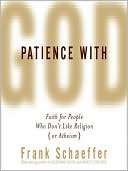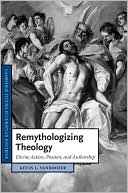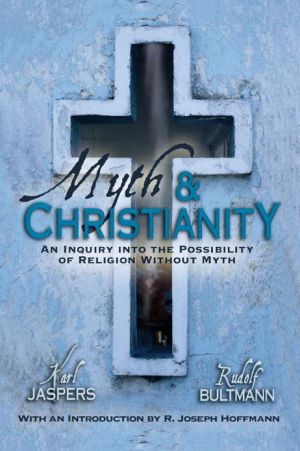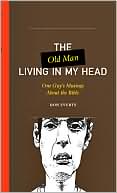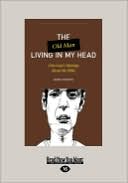Patience with God: Faith for People Who Don't Like Religion (or Atheism)
Search in google:
Frank Schaeffer has a problem with Dawkins, Hitchens, Harris, Dennett, and the rest of the New Atheists—the self-anointed "Brights." He also has a problem with the Rick Warrens and Tim LaHayes of the world—the religious fundamentalists. The problem is that he doesn't see much of a difference between the two camps. As Schaeffer puts it, they "often share the same fallacy: truth claims that reek of false certainties. I believe that there is an alternative that actually matches the way life is lived rather than how we usually talk about belief."Sparing no one and nothing, including himself and his fiery evangelical past, and invoking subtleties too easily ignored by the pontificators, Schaeffer adds much-needed nuance to the existing religious conversation. "I discovered from the emails I've been inundated with since my memoir was published that there are more of us perplexed former (or currently) religiously inclined or religiously raised folks on a journey from... Publishers Weekly Author Schaeffer (Keeping Faith) adopts a feisty tone in this essay about evangelical Christianity and aggressive atheism. In the first half of the book, he rebuts justifications from both sides, taking aim at the ideas of such celebrity atheists as Richard Dawkins as well as religious leaders like Rick Warren. Schaeffer asks each side to allow for an evolving religion in which allegory takes precedence over literalism. In the first half of the book, the author quotes lengthy passages from atheist writings, leaving little room for his own optimistic ideas. In the second half, he gives space for his own memories, recalling moments that led him to a middle path of “hopeful uncertainty.” Growing up in a well-known evangelical family, then leaving it behind for secular Hollywood, Schaeffer learned to see the world as aesthetic and contemplative rather than scientific. By embracing mystery and love, he suggests the two movements can exist side-by-side: “It is possible to buck the trend of cynicism and to believe in each other more than in the rightness of our particular ideas.” (Nov.)
